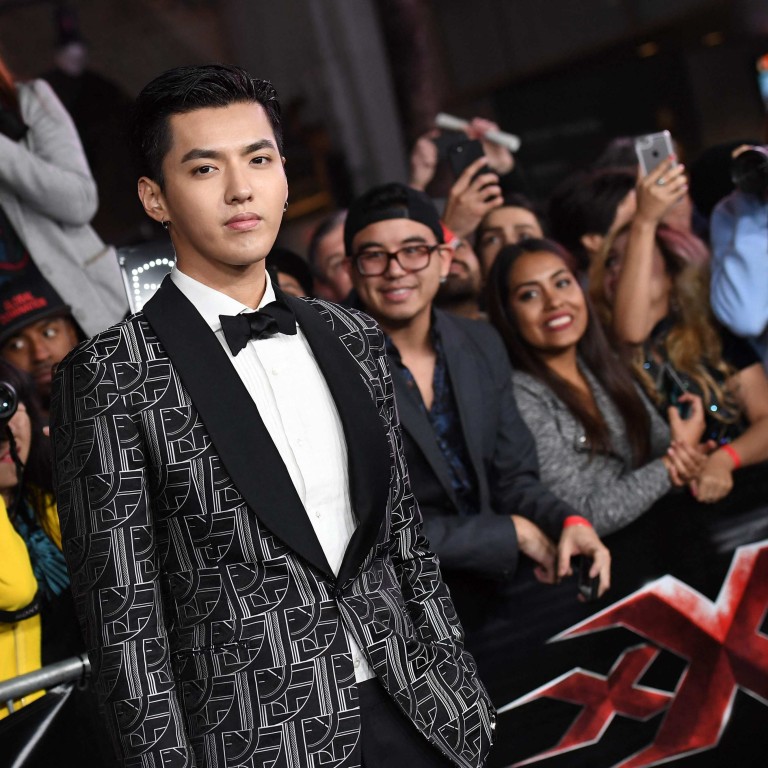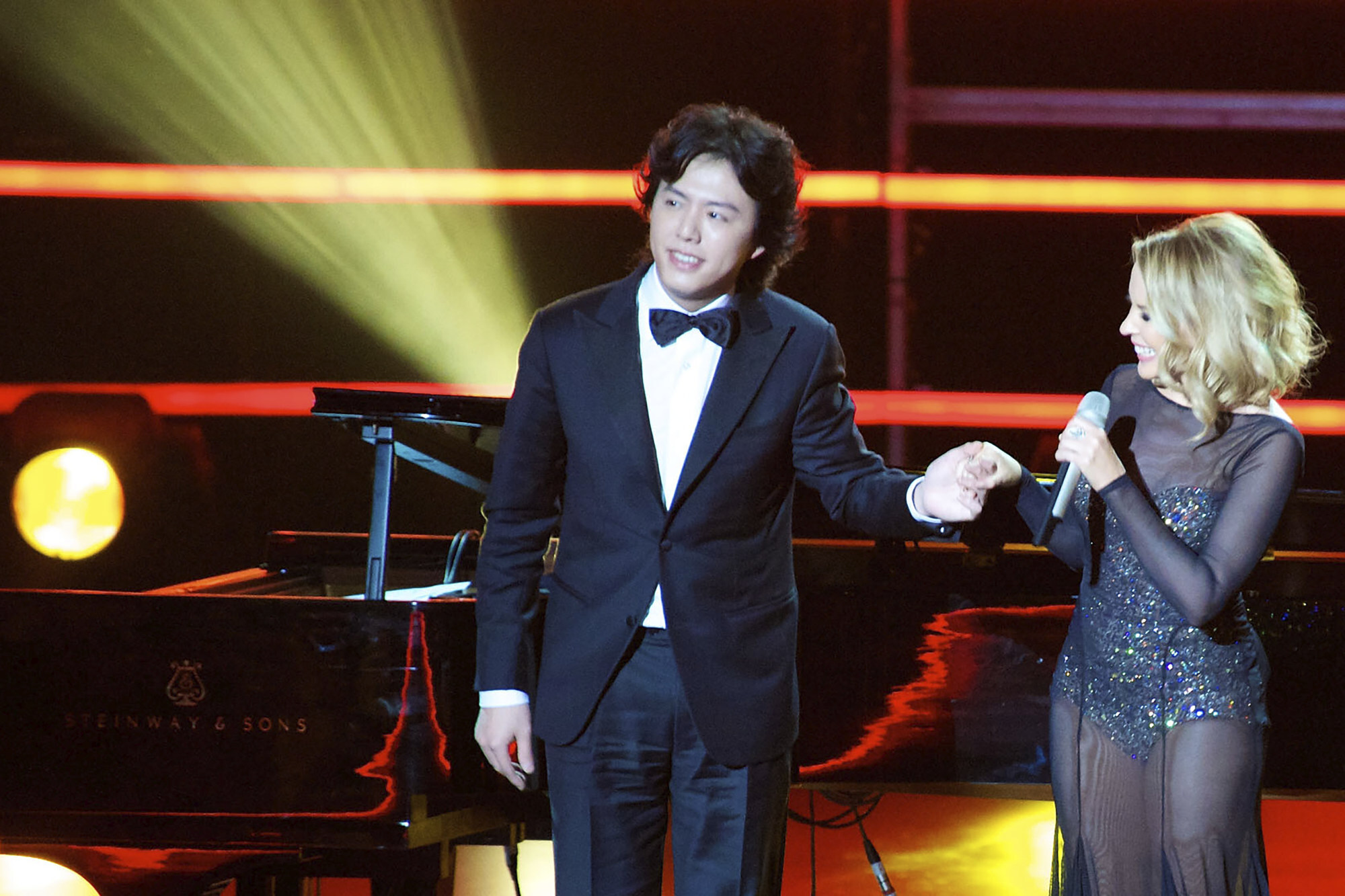
Beijing’s campaign to ‘discipline’ celebrities expands to what they can do on social media
- Online platforms will be required to monitor celebrity accounts and report any inappropriate activity to the authorities
- The notice also banned the act of whitewashing’ any celebrity who has broken the law or engaged in what is deemed as unethical behaviour
The new measures include a limit on the number of accounts they can have, a ban on showing off a luxury lifestyle, and restricting posts that show their work and activities, according to the Cyberspace Administration of China (CAC).
The CAC notice, dated October 26 but released publicly on Tuesday, was designed to “further strengthen the work related to online information regulation of entertainment stars”. It also bans paparazzi that expose the private life, home address or schedules of stars.
“Some online publicity about celebrities is undisciplined. Gossip and private information have occupied the front page and trending topics of some websites, taking up a lot of public resources”, the CAC said.
The watchdog said information about stars shall “adhere to the correct direction of public opinion and value orientation, and promote core socialist values”.
China orders underage celebrities to finish school, discourages seeking fame
Under the new rules, online platforms, especially social media and other information aggregators, will be required to monitor celebrity accounts and report any inappropriate activity to the authorities.
CAC also stipulated that each star agency should only have one account on each social media platform, and that fan club accounts need to be authorised by the agency.

“Illegal or unethical” people are not allowed to return to the industry, the notice said. On Tuesday morning, news of the ban was the ninth-highest trending topic on Chinese microblogging platform Weibo, with nearly 65 million views.
In a separate move on Tuesday, the government-backed China Association of Performing Arts published a blacklist of 88 people, mostly online influencers, who are prohibited from hosting live-streamed sessions.
They include Kris Wu, actor Zhang Zhehan who visited Japan’s Yasukuni Shrine, a political flashpoint between Tokyo and its Asian neighbours, and actress Zheng Shuang, who was mired in surrogacy and tax evasion scandals earlier this year.
Under the new CAC rules, celebrities will also be restricted from over exposure when it comes to their everyday work and life. Hyping up their performances in drama and music, as well as any charitable work, will be restricted. Information about such activities must be done “naturally”, without any hype, the CAC said.
Starting in June, Beijing turned its attention to online fan circles, or fan quan, which are informal virtual communities centred around an idol. These circles usually induce minors to contribute money to the idols, and also engage in doxxing and trolling of rival groups.
The new notice also explicitly banned trolling, as well as irrational buying or fundraising among fans for stars.

